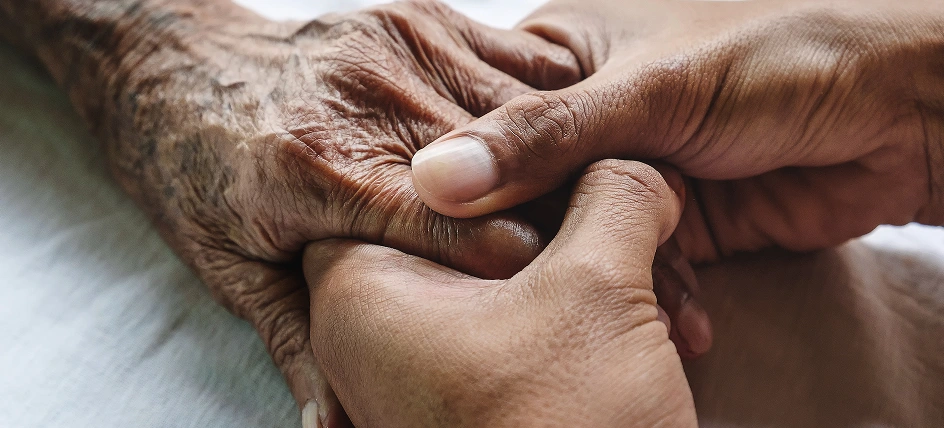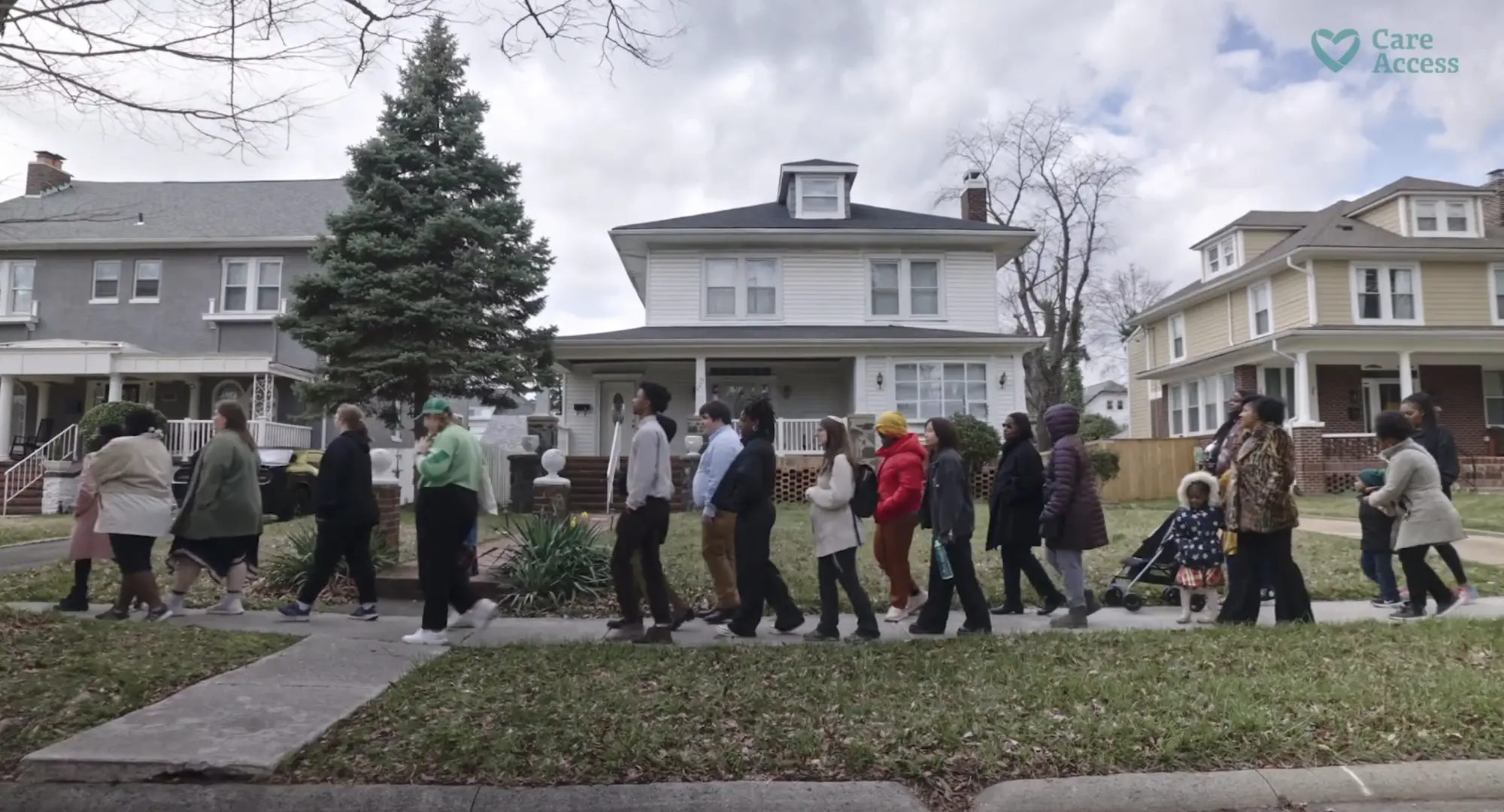Back to Health Resources
Where you live could impact your chances of being diagnosed with Alzheimer’s

Around 7 million people in the U.S. are estimated to be living with Alzheimer’s or other dementias, yet many remain undiagnosed. When it comes to getting diagnosed, we often look at risk factors like age, genetics, and lifestyle, but new research suggests that where you live might play a surprising role as well.
“Dementia is a term for multiple symptoms that affect the brain, often associated with memory loss as well as other changes such as a loss of ability to solve problems or even personality changes. Alzheimer’s Dementia is one type of dementia, but there are many other types,” explains Dr. Gigi Lefebvre, Care Access provider.
Where you live can influence your chance of being diagnosed
Researchers from the University of Michigan and Dartmouth College found that dementia diagnosis rates vary widely across the country. What’s surprising is that these differences can't be fully explained by the usual risk factors like high blood pressure, obesity, or diabetes.

“In the past, a diagnosis of Alzheimer’s was made by ruling out other types of dementia as there was no specific test for Alzheimer’s other than autopsy,” says Dr. Lefebvre. “Thankfully there are now blood tests and scans which can more accurately confirm a diagnosis of Alzheimer’s, but sadly this is new science and not available in all communities.”
This means that two people with the same symptoms, one in a high-diagnosis area and one in a low-diagnosis area, might not have the same chance of getting the medical attention they need.
The bottom line? Where you live can have a huge impact on your brain health and access to the care you need.
Why getting a diagnosis matters
An official Alzheimer’s diagnosis can make a huge difference in managing brain health. It can:
- Open the door to treatment options that may slow disease progression.
- Provide access to clinical trials and specialized care.
- Help families plan for the future and navigate caregiving more effectively.
Without a diagnosis, individuals may miss out on critical resources, treatments, and support systems that could improve their quality of life.

What can you do to make a difference?
The good news? Awareness and action can help bridge the diagnosis gap. Here’s how you can make a difference:
Stay Informed
Learn about Alzheimer’s and related dementias. One great place to start is checking out resources from the Alzheimer’s Association.
Explore Alternative Healthcare Options
Research studies can help advance treatments and improve early detection methods, giving you access to cutting-edge care.
Talk to Your Doctor
If you or a loved one have concerns about memory or cognitive changes, don’t hesitate to seek medical advice.
CONTRIBUTING EXPERT

Gigi Lefebvre, MD
Principal Investigator
Dr. Lefebvre is a family medicine physician and a Principal Investigator at Care Access.
DISCLAIMER
The information provided on Care Access is intended for informational purposes only and should not be considered as a substitute for professional medical advice, diagnosis, or treatment. Always seek the advice of your physician or other qualified healthcare provider with any questions you may have regarding a medical condition. Our products and content are not intended to diagnose, treat, cure, or prevent any disease.
Explore More Health Resources

STORIES from the Heart


